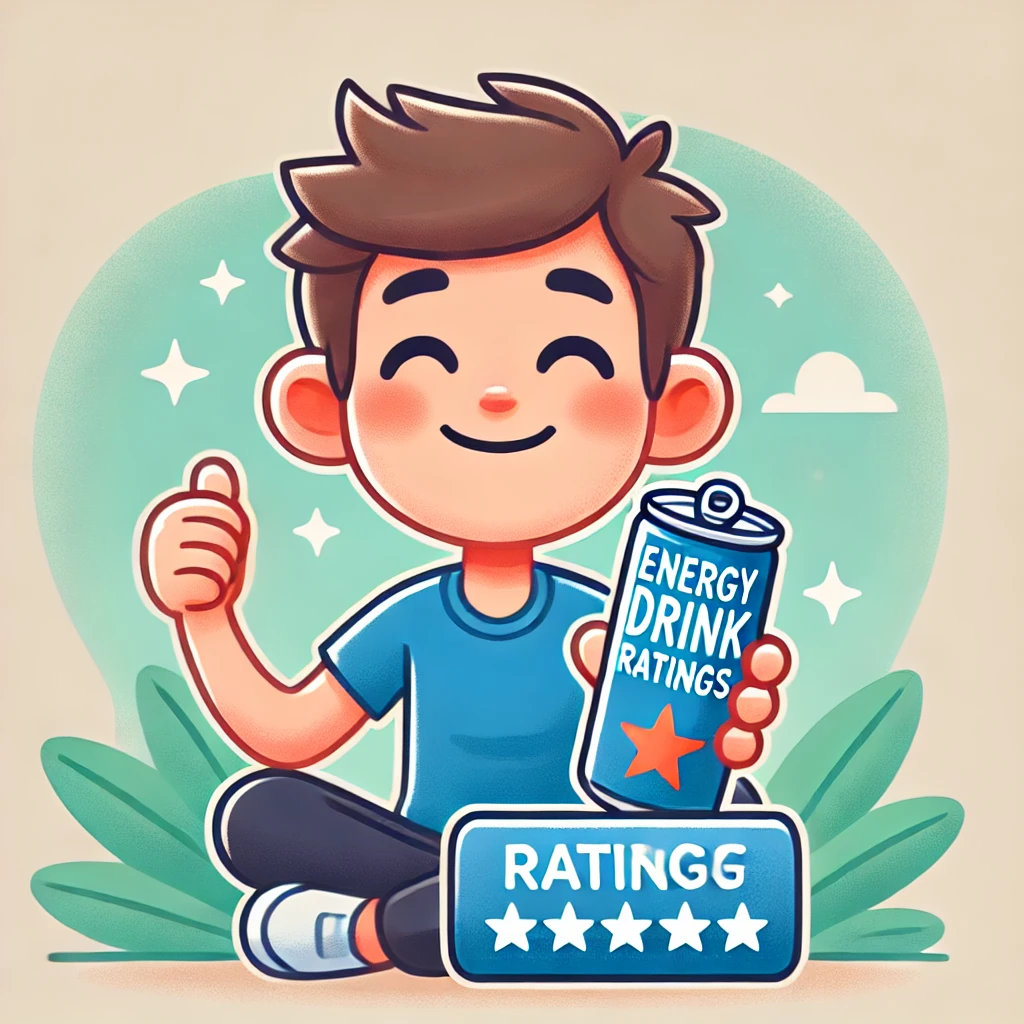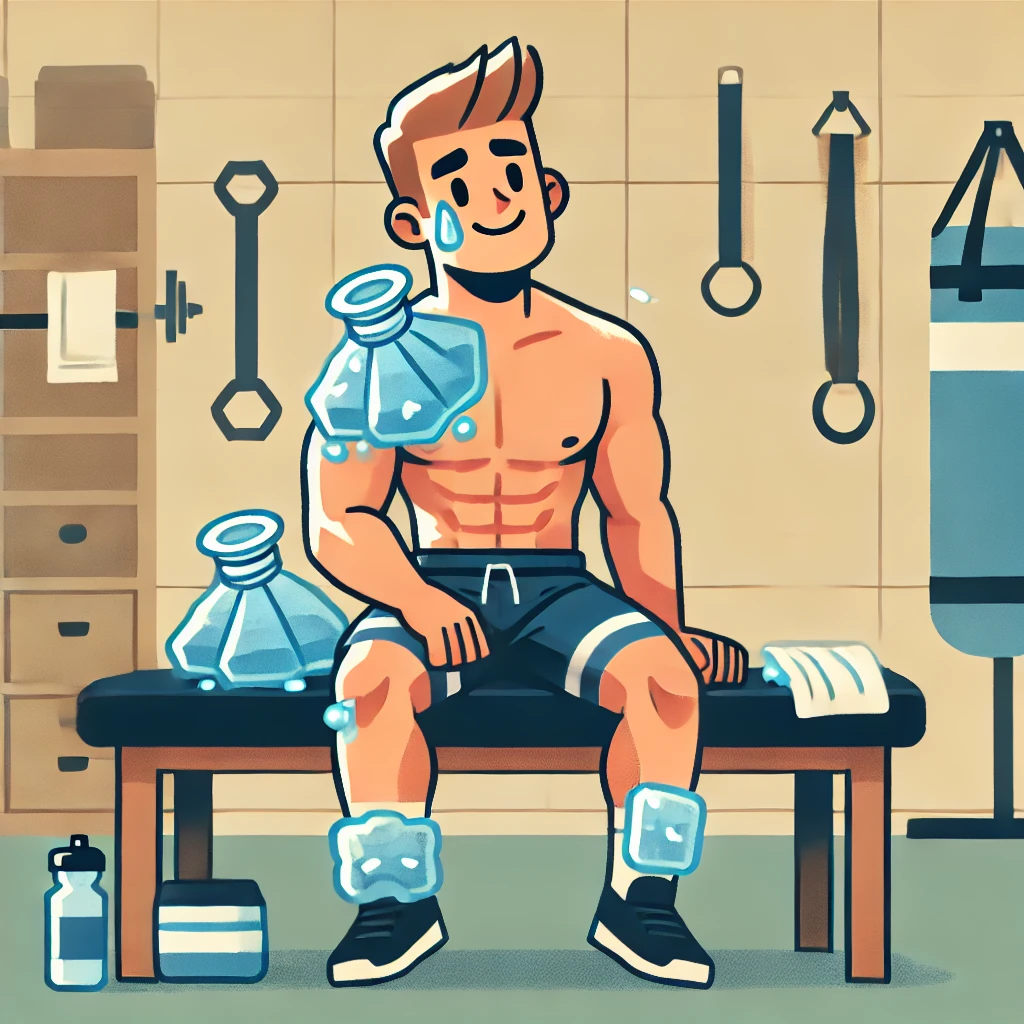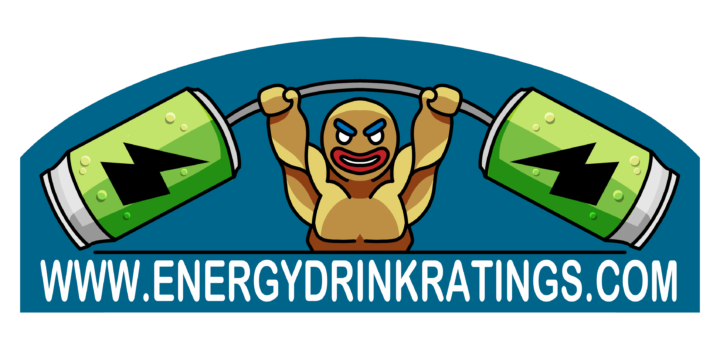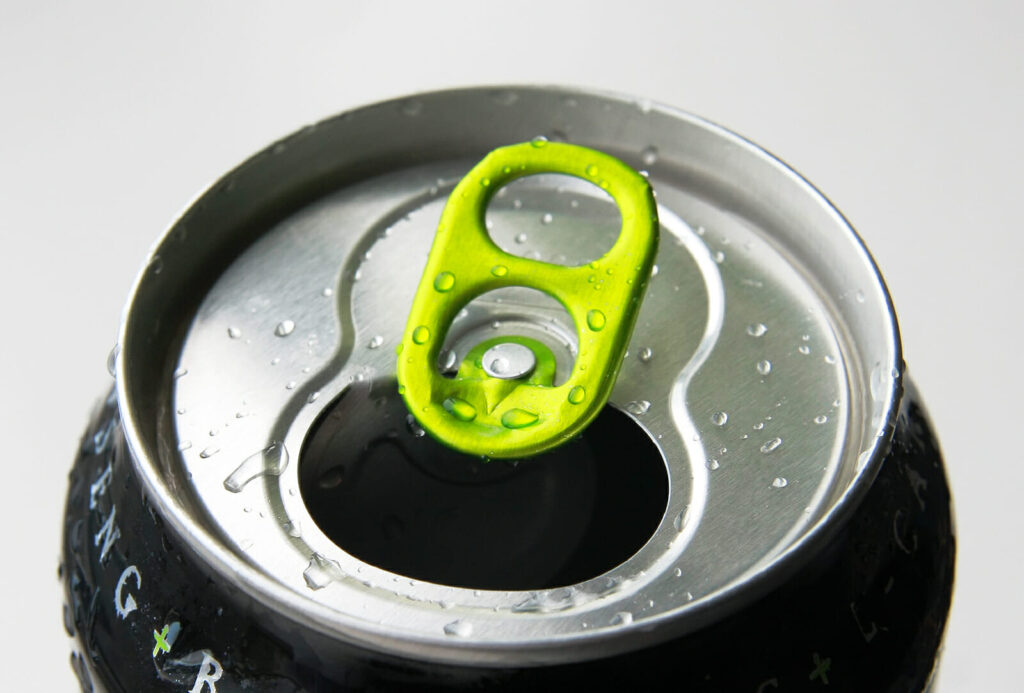
Ever find yourself in need of a quick pick-me-up to power through the day? You’re not alone. Energy drinks have become the go-to solution for millions of people seeking a boost in energy, focus, and endurance. The market is absolutely exploding, with hundreds of brands flooding the industry. While these beverages often receive a bad rap for their high caffeine and sugar content, there’s a growing body of research suggesting that energy drinks can offer several health benefits when consumed in moderation. Let’s dive into the potential upsides of energy drinks, backed by scientific studies and expert insights.
One of the most touted benefits of energy drinks is their ability to enhance physical performance. Whether you’re an athlete looking to improve your workout or someone needing a bit more stamina to get through a busy day, energy drinks can provide the necessary boost.
A study published in the journal Medicine & Science in Sports & Exercise found that athletes who consumed an energy drink before exercise experienced improved performance in various physical tasks, including endurance running and high-intensity training. The caffeine in energy drinks is primarily responsible for these benefits, as it helps to increase alertness and reduce the perception of effort, allowing individuals to push harder and longer during their workouts.

Need to stay sharp for that big presentation or study session? Energy drinks might be your ally. The caffeine and other stimulating ingredients like taurine and B-vitamins in these beverages are known to enhance mental alertness and cognitive function.
Research published in Psychopharmacology has shown that caffeine can significantly improve various aspects of brain function, including memory, mood, vigilance, and reaction times. Another study in the journal Appetite demonstrated that energy drinks containing caffeine and taurine could improve cognitive performance, especially during demanding mental tasks.

Feeling down or fatigued? An energy drink might help lift your spirits. The combination of caffeine, sugar, and other ingredients in energy drinks can have a positive impact on mood and energy levels.
A study in the Journal of Clinical Psychopharmacology found that moderate caffeine consumption was associated with improved mood and increased feelings of well-being. Additionally, the carbohydrates in energy drinks provide a quick source of glucose, which can be particularly beneficial in combating fatigue and maintaining energy levels throughout the day.

This one might come as a surprise, given the common concerns about the cardiovascular effects of energy drinks. However, some studies suggest that certain ingredients in energy drinks can have positive effects on heart health.
For instance, taurine, a common ingredient in energy drinks, has been shown to have cardiovascular benefits. According to research published in Amino Acids, taurine supplementation can help reduce blood pressure and improve vascular function. Moreover, caffeine, in moderate doses, has been linked to a reduced risk of certain cardiovascular diseases. A study in the Journal of the American College of Cardiology reported that moderate caffeine consumption was associated with a lower risk of heart failure.

If you’re looking to boost your metabolism and manage your weight, energy drinks might offer some help in this realm as well. The caffeine and other stimulants found in these beverages can increase your metabolic rate, helping you burn more calories throughout the day!
A study in the American Journal of Clinical Nutrition found that caffeine can increase the resting metabolic rate by up to 11%. Additionally, the thermogenic effects of caffeine, which cause your body to produce more heat and burn more calories, can contribute to weight loss and weight management efforts.

When deadlines are looming and distractions to scroll are overwhelming you, an energy drink can help improve focus and concentration. The stimulating effects of caffeine, combined with the presence of nootropic ingredients like taurine, can enhance your ability to concentrate and stay on task.
A study published in the journal Nutrients found that the combination of caffeine and taurine in energy drinks significantly improved attention and cognitive performance in both young and older adults. This makes energy drinks particularly useful for students, professionals, and anyone needing a mental edge.
After a strenuous workout or a long day on your feet, recovery is key. It has even been proven that some ingredients in energy drinks can aid in faster recovery, helping to reduce muscle soreness and replenish lost nutrients.
B-vitamins, which are commonly found in energy drinks, play a crucial role in energy metabolism and muscle function. According to a study in the Journal of the International Society of Sports Nutrition, B-vitamin supplementation can help improve muscle recovery and reduce the perception of fatigue after exercise.

Believe it or not, some energy drinks contain ingredients with antioxidant properties that can help combat oxidative stress in the body. Antioxidants are essential for protecting cells from damage caused by free radicals, which can lead to chronic diseases and early signs of aging.
Green tea extract, often included in energy drinks, is rich in antioxidants like catechins. Research published in the Journal of the American College of Nutrition highlights that green tea extract can improve antioxidant status and reduce markers of oxidative stress.
Free radicals are like little thieves in your body, constantly on the hunt to steal electrons from your cells, proteins, and DNA. This process, called oxidation, wreaks havoc on your system, speeding up aging and contributing to age-related diseases. Enter antioxidants, the heroes of your body. They neutralize these pesky free radicals, preventing or reducing the damage they cause.
By ensuring your diet is rich in antioxidants, you can help protect your body from oxidative stress, potentially slowing down the aging process and promoting overall health. It’s like giving your body a little extra armor to keep it feeling young and vibrant. Similarly, certain vitamins in energy drinks, such as vitamin C and vitamin E, also possess antioxidant properties that can contribute to overall health.

While the potential benefits of energy drinks are promising, it’s essential to consume them responsibly to avoid negative side effects. Here are some practical tips to help you enjoy energy drinks safely:
- Moderation is Key: Stick to one or two energy drinks per day to avoid excessive caffeine and sugar intake.
- Check the Labels: Be mindful of the ingredients and their quantities in your energy drink. Look for options with lower sugar content and natural ingredients. Do not exceed the amount of caffeine that is recommended to your by your doctor.
- Stay Hydrated: Energy drinks can have a diuretic effect, so make sure to drink plenty of water throughout the day to stay hydrated.
- Time Your Consumption: Avoid drinking energy drinks too close to bedtime to prevent sleep disturbances. Aim to consume them in the morning or early afternoon. Depending on your sleep schedule, it might be prior to 2pm.
- Know Your Limits: Everyone’s tolerance to caffeine varies. Listen to your body and avoid energy drinks if you experience jitters, rapid heartbeat, or other adverse effects.
Energy drinks, when consumed in moderation, can offer several health benefits, from enhancing physical performance and cognitive function to improving mood and aiding in recovery. While it’s essential to be mindful of the potential risks and consume these beverages responsibly, the positive effects backed by scientific research are worth considering. So, the next time you need a quick boost to power through your day, an energy drink might just be the refreshing pick-me-up you need.
References
- Davis, J. K., & Green, J. M. (2009). Caffeine and anaerobic performance: Ergogenic value and mechanisms of action. Medicine and Science in Sports and Exercise, 41(3), 501-512.
- Einöther, S. J. L., & Giesbrecht, T. (2013). Caffeine as an attention enhancer: Reviewing existing assumptions. Psychopharmacology, 225(2), 251-274.
- Childs, E., & de Wit, H. (2006). Subjective, behavioral, and physiological effects of acute caffeine in light, nondependent caffeine users. Psychopharmacology, 185(4), 514-523.
- Zulli, A., Smith, R. M., Kubatka, P., Novak, J., Uehara, Y., Loftus, H., & Qaradakhi, T. (2018). Caffeine and cardiovascular diseases: Critical review of current research. American Journal of Clinical Nutrition, 107(4), 638-648.
- Acheson, K. J., Gremaud, G., Meirim, I., Montigon, F., Krebs, Y., Fay, L. B., & Tappy, L. (2004). Metabolic effects of caffeine in humans: Lipid oxidation or futile cycling? American Journal of Clinical Nutrition, 79(1), 40-46.
- Seidl, R., Peyrl, A., Nicham, R., & Hauser, E. (2000). A taurine and caffeine-containing drink stimulates cognitive performance and well-being. Amino Acids, 19(3-4), 635-642.
- Scholey, A. B., & Kennedy, D. O. (2004). Cognitive and physiological effects of an “energy drink”: An evaluation of the whole drink and of glucose, caffeine, and herbal flavouring fractions. Psychopharmacology, 176(3-4), 320-330.
- Willems, M. E., Sallis, H. M., & Dalton, C. F. (2016). High doses of vitamin B12 enhance muscle recovery: An observational study. Journal of the International Society of Sports Nutrition, 13(1), 1-9.
- Lampe, J. W. (2003). Spicing up a vegetarian diet: Chemopreventive effects of phytochemicals. American Journal of Clinical Nutrition, 78(3), 579S-583S.

